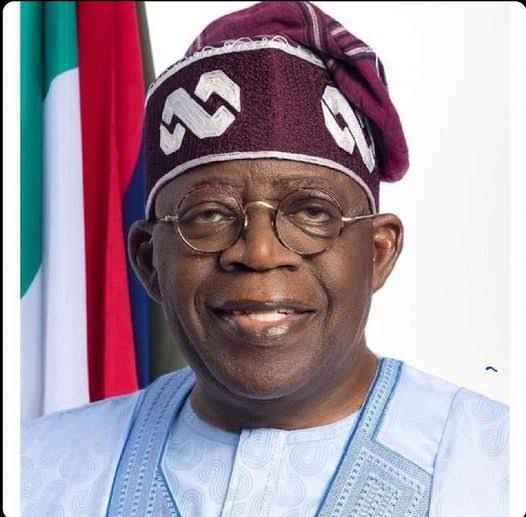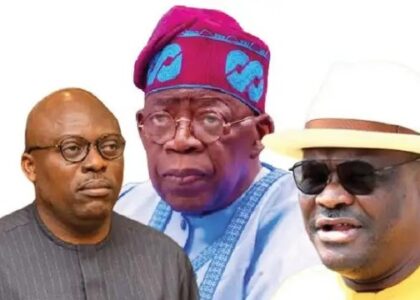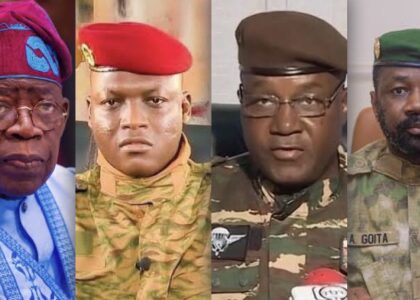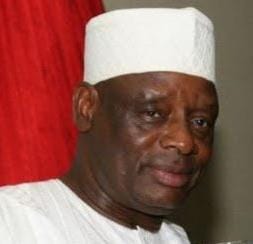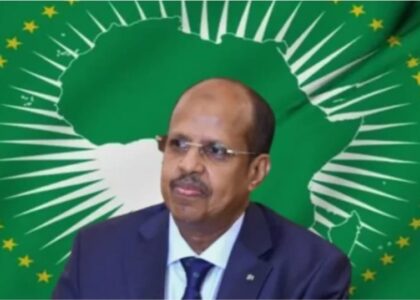The ECOWAS Authority of Heads of State and Government has elected President Bola Tinubu as its Chairman at its Sixty-Third Ordinary Session held on July 09, 2023, in Bissau, Guinea-Bissau. President Tinubu takes over from H. E Umaro Sissoco Embaló, President of The Republic of Guinea-Bissau. The Centre for Community Law congratulates the President of Nigeria and the Nigerian people!
Many have wondered whether it is expedient, though lawful, at this point to have elected President Bola Tinubu to Chair the Authority at a time that the legitimacy of his presidency is still being challenged in court. This is not just for the sake of certain sections of the Nigerian society that may be unhappy with the development, but also for the sake of the seeming poor optics it portrays to the international community in which ECOWAS has been set up to deal. This is particularly so when considered against the backdrop of the fact that the ECOWAS Election Observation Report as did other main election observers – local and domestic – such as the EU, Civil Society Situation Room, and Yiaga Africa, noted several irregularities during the election.
The worrying nature of this, from the viewpoint of watchers of events in ECOWAS, is that the ECOWAS Authority is beginning to adopt a trend that further exposes its democratic signalling in various Protocols to ridicule and portrays the Community to the world and even to its citizens as unserious about building a democratic culture. As a Commentator has pointed out, the election of President Tinubu under the current circumstances is a repeat of the 2020 election of President Nana Akufo-Addo of Ghana to Chair the Authority, while his electoral victory was yet being challenged in court.
It may however be argued that it is Nigeria or Ghana as a country and not the President, as an individual, that was elected. That may well be so, but it is obvious to everyone that Nigeria or Ghana, as an abstraction, can be ascribed the saying that, as it has no ‘soul to be damned’ and ‘no body to be kicked’, its directing will resides in the President. As humans, it will be too generous an assumption to expect that anyone would act against their enlightened self-interest, when a conflict of interests arises.
It is thus important for the Authority not to allow this budding trend blossom. We do not think any harm would be done if the Authority refrains from electing a President whose electoral victory is still being challenged to chair its affairs. If for no other reason, it is for the fact that no one can predict with precision knows how pending cases are decided. It will therefore be beneficial that a President whose electoral victory is being challenged is not elected to chair the Authority until the case(s) are decided. We strongly believe the ECOWAS Authority would be thoroughly embarrassed if the courts decide that a President of one of its member States, who is Chairman for the time being, did not win election in the first place.
Whether a tribunal orders a fresh election or holds that someone else won the election, ECOWAS would have lost the citizens’ trust as well as jeopardised relations with whoever is declared President. We do believe that such would diminish the moral standing of the Authority in such a way that the Authority needs to deliberately avoid at a time of the resurgence of military coup in the region, especially now that it is seeking to compel transition from military regimes to democratic rule in Burkina Faso, Guinea and Mali.
We do not think this trend is in good standing with the spirit and object of the ECOWAS 2001 Protocol A/SP1/12/01 on Democracy and Good Governance Supplementary to the Protocol relating to the Mechanism for Conflict Prevention, Management, Resolution, Peacekeeping and Security (the 2001 Protocol) to supplement Protocol Relating to the Mechanism for Conflict Prevention, Management, Resolution, Peace-Keeping and Security (1999). The aim of this Protocol is very clear: it is to promote democracy and good governance in the region. The Protocol divides into three Chapters. Chapter one further divides into sections I-VIII. Section 1 (article 1) states that the Protocol clarified the principles set out in article 2 of the 1999 Protocol; it also deals with the constitutional convergence principles of the ECOWAS; section II (articles 2 to 10) deals with principles governing elections; section III (articles 11 to 18) deals with election monitoring; section IV (articles 19 to 24) outlines the role of the armed forces, the police and the security forces in a democracy; section V (articles 25 to 28), deals with poverty alleviation and promotion of social dialogue; section VI (articles 29 to 31), outlines education, culture and religion; section VII (articles 32-39), reinforces the rule of law, human rights and good governance; section VIII (articles 40 to 43), deals with the welfare of women, children and youths. Chapter 2 contains the modalities for implementation and sanctions; and chapter 3 contains general provisions – amendments, withdrawal, entry into force and depository authority.
In apparent fidelity to democracy and democratic principles, the Heads of States and Government challenged themselves to certain principles, which they called the ‘constitutional convergence principles’. These principles, as stated in article 1 of the Protocol, are: (a) separation of powers; (b) accession to power by free, fair and credible elections; (c) zero tolerance for powers obtained by unconstitutional means; (d) secularism and non-discrimination; (e) apolitical armed forces; (f) rights of political parties and the need for them to be nationalistic in nature; (g) freedom of association and press; etc. These principles were to a large extent elaborated upon in the substantive provisions of the Protocol.
In fact, the Protocol is very robust on provisions channelled towards free, fair and transparent elections. When plugged into the provisions of the Protocol, therefore, though not prohibited, it is difficult to escape the conclusion that the decision to elect a President whose election as president is still being questioned in court with all the unforeseen but real possibilities that characterise such a process, undermines the 2001 Protocol and portrays the Authority in not so good a democratic light.
Meanwhile, it is important to acknowledge that, just as President Bola Tinubu of Nigeria has been doing at home, he did hit the right notes in his inaugural speech, which leaves no one in any doubt about his understanding of the multifaceted troubles of ECOWAS. It is felicitous to hear him say to his Colleagues that ‘[w]e must stand firm on democracy. There is no governance, freedom and rule of law without Democracy. We will not accept coup after coup in West Africa again. Democracy is very difficult to manage but it is the best form of government’. It is also important that he acknowledged that ‘democracy and good governance are the cornerstones of peace and sustainable development of every society’, and pledged his full commitment ‘to deepening democracy and good governance in the region’. Peoples of the region should be interested in these and other commitments made by the new Chair; they should be prepared to track their early fulfilment and hold Authority to account if it fails. The Chairman and his Fellow Heads of States must be accountable to the people for his undertaking that ‘[w]e must strengthen our democratic institutions and ensure the respect for human rights and the rule of law. I will enhance engagements with the countries in transition to ensure their quick return to democratic rule.’
With his commitment to strengthen democratic institutions and ensure the respect for human rights and the rule of law, perhaps, it will not be too much to hope that we will start seeing palpable respect for human rights and democratic principles across the member States of the Community as well as a seamless implementation of Judgments of the ECOWAS Community Court of Justice. Time shall tell!
@Centre for Community Law, 2023


